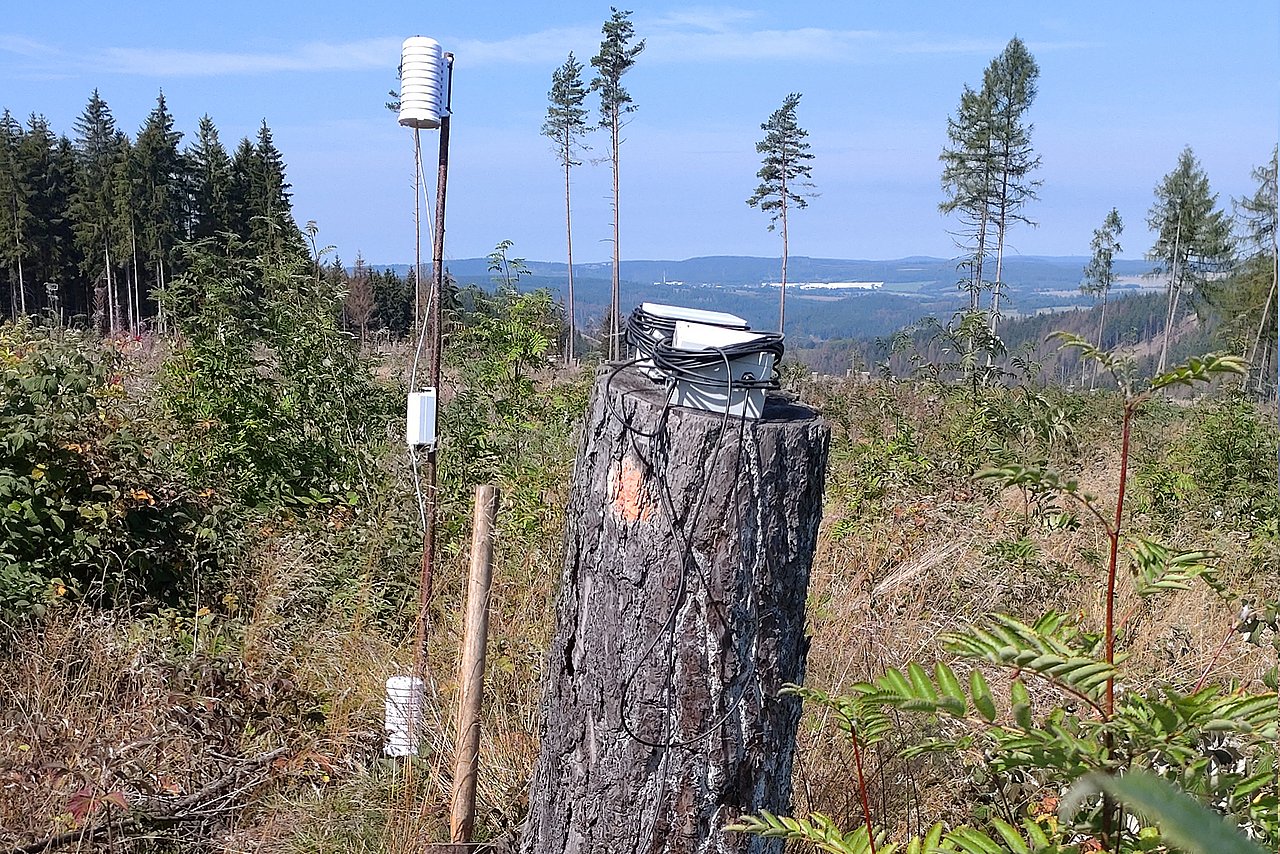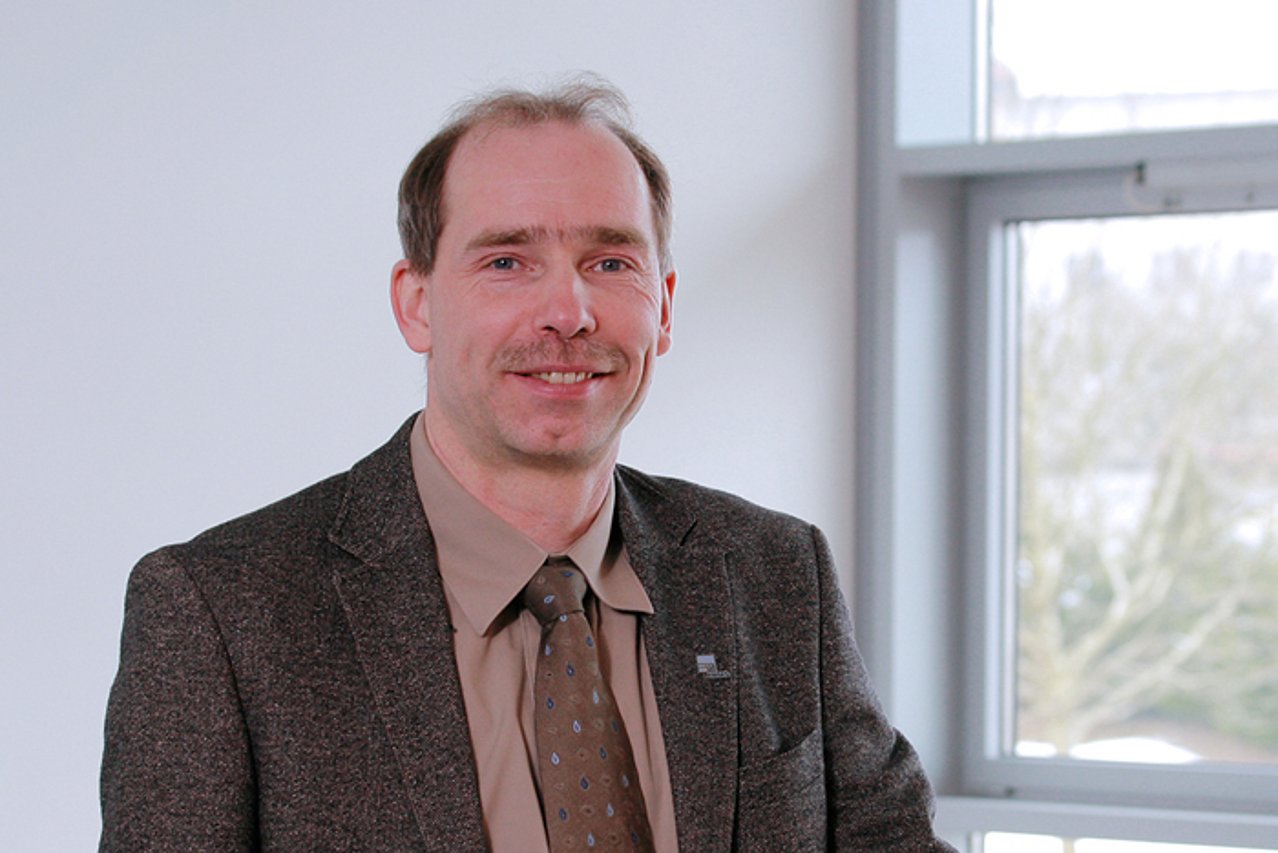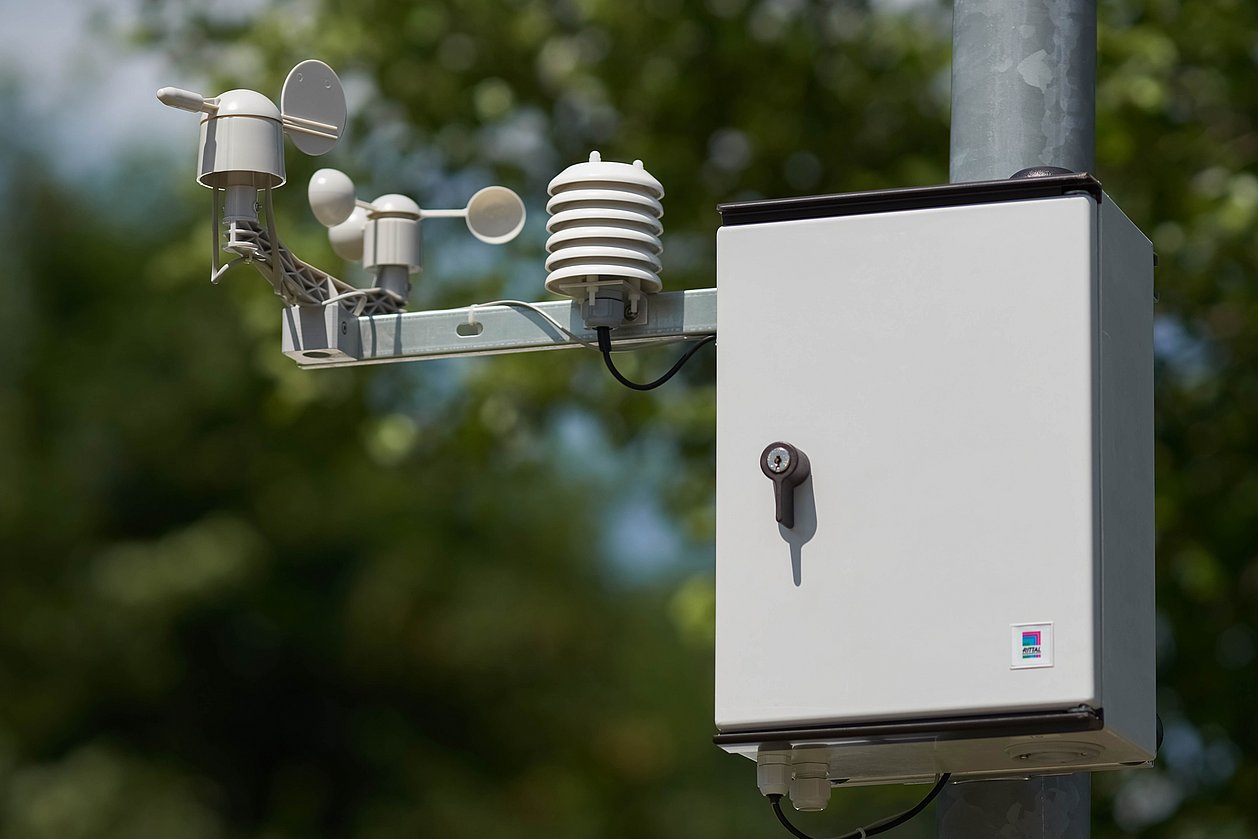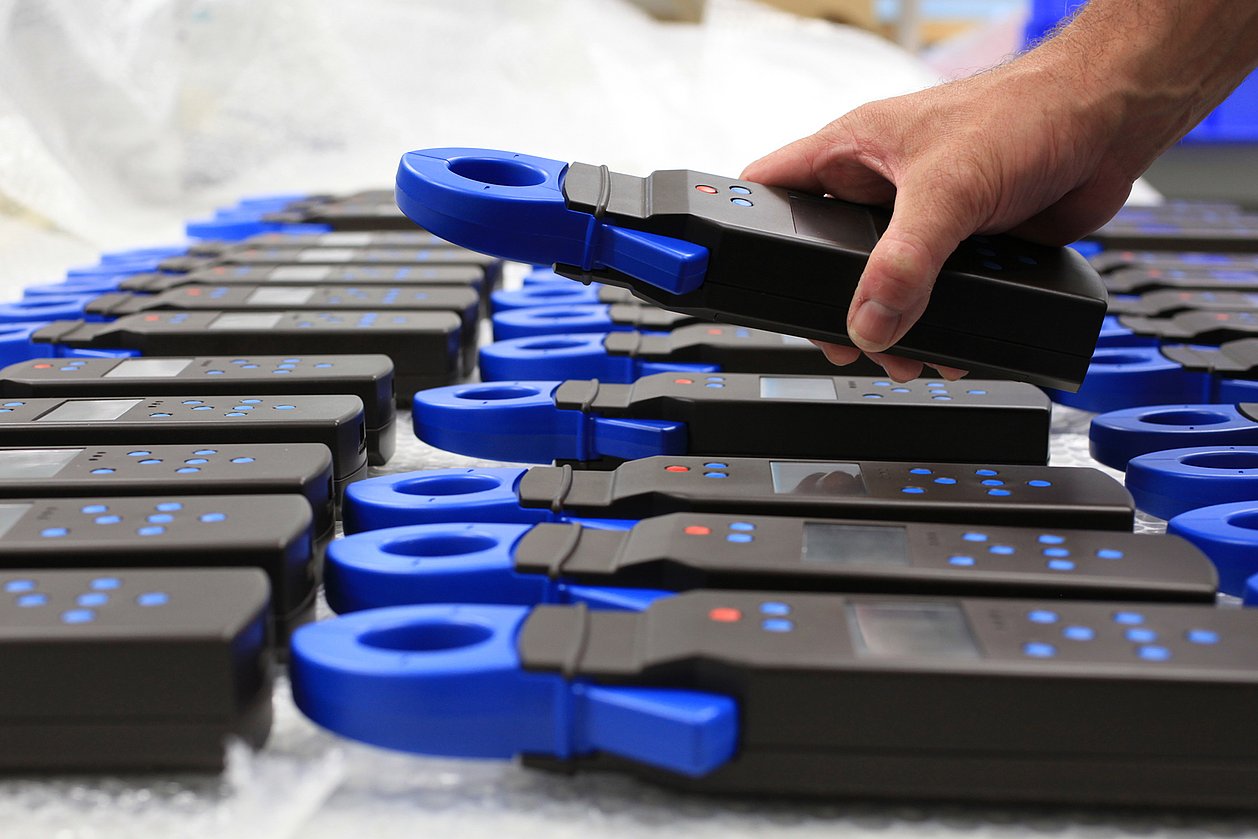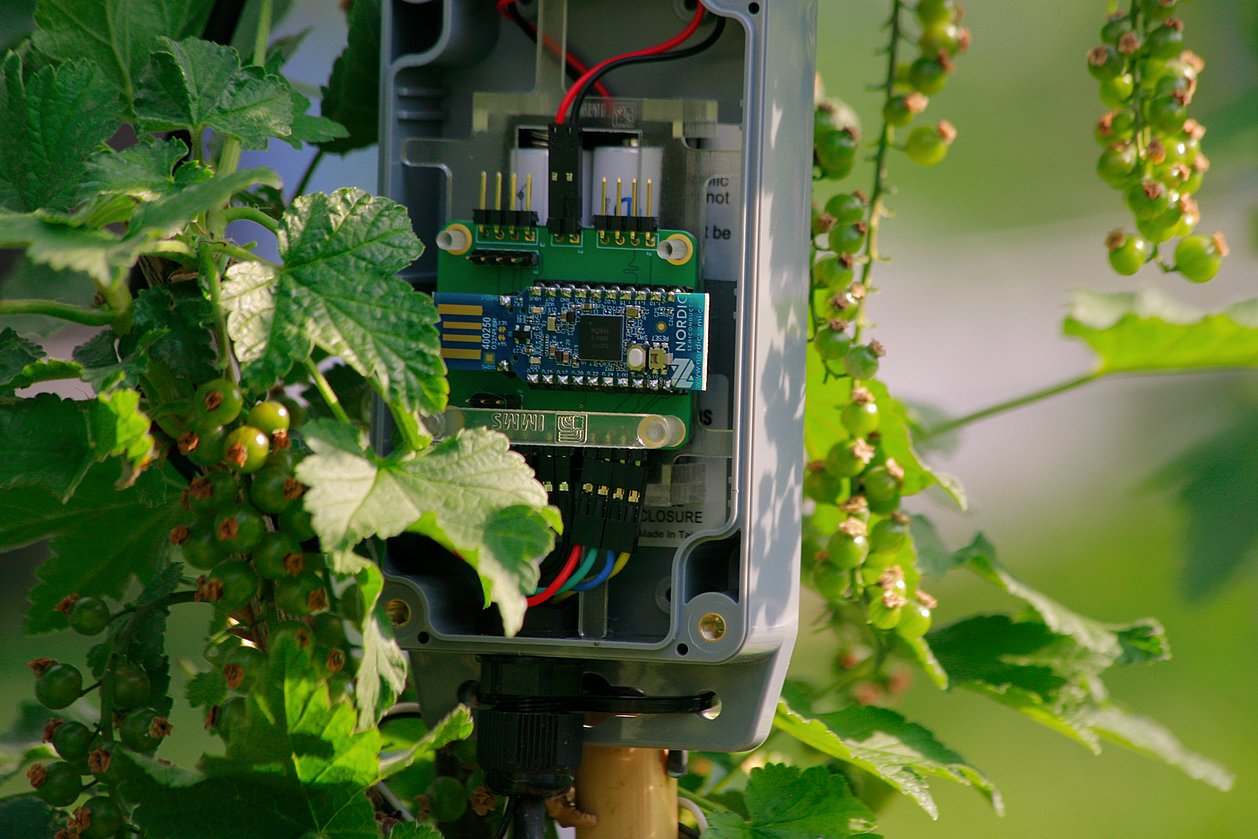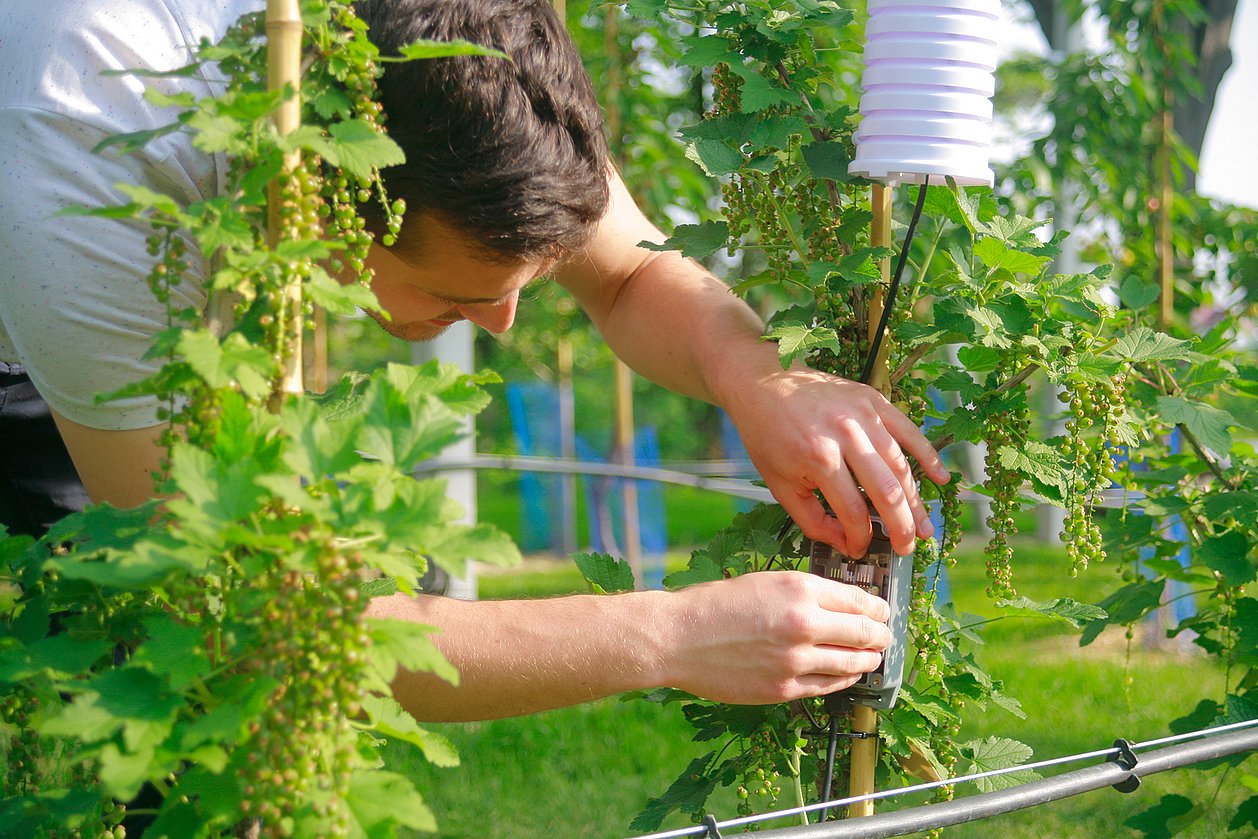Project Waldmonitor
IMMS develops robust communication solutions and energy-autonomous sensors for monitoring abiotic factors in forest conversion.
Climate change requires a smart early warning system for young trees
Rising average annual temperatures and changing precipitation patterns make it necessary to reforest sustainably, i.e., to plant other tree species and test them for later use. In addition, large open areas need to be reforested quickly and larger young trees in avenues should soon act as windbreakers. These young plants are very sensitive to stress factors. The Waldmonitor (“Forest Monitor”) project has set itself the goal of developing a sensor system as an early warning system for stress indicators. It is intended to determine vital parameters and growth status as well as biotic and abiotic influencing factors.
Approach: Remote monitoring of young trees
The Waldmonitor project is developing a sensor system that continuously collects information on young trees without the forester having to be on-site. A stationary overall system as a pilot installation evaluates various optical and classic sensor principles. The results will flow into a proposal for the optimal selection of sensor systems for a tailored monitoring system that also offers the potential to be used on mobile platforms at a later date.
IMMS contributes adaptive energy-autonomous sensor systems and data transport
The aim of the IMMS WaldSensCom sub-project is to develop adaptive energy-autonomous sensor systems for monitoring site factors in the forest environment and to ensure a continuous flow of data from the study areas in the forest to a central evaluation system.
The challenge here is that there is no comprehensive mobile phone coverage in the forest. To ensure continuous transmission despite this, concepts for interruption tolerance and the use of multi-hop LoRa communications to bridge gaps are being tested. To transmit the required amount of data efficiently, concepts for data reduction and local evaluation of the recorded abiotic site parameters are also being investigated with regard to forestry aspects. The aim is to ensure the transport of all relevant data, even if the connection from the test areas to the server cannot be permanently established due to, e.g., a lack of energy or communications infrastructure.
In addition, wireless sensor networks are being designed and implemented together with project partner Orbit. IMMS provides support with the energy-autonomous and size-optimised implementation of sensor nodes for abiotic parameters and takes care of the evaluation of the recorded data.
Acronym / Name:
Waldmonitor / Waldmonitor – Überwachung biotischer und abiotischer Faktoren beim Waldumbau (Monitoring biotic and abiotic factors in forest conversion)Duration:2023 – 2026
Application:
Research field:Smart distributed measurement and test systems
Related content
Out-of-Band Over-The-Air-Update for LoRaWAN-based Sensor Networks using BLE
Florian Jung1. Silvia Krug1,2. Tino Hutschenreuther1.2025 IEEE International Workshop on Metrology for Agriculture and Forestry (MetroAgriFor), October 28-30, 2025, Bologna, Italy
1IMMS Institut für Mikroelektronik- und Mechatronik-Systeme gemeinnützige GmbH, Ehrenbergstraße 27, 98693 Ilmenau, Germany. 2Mid Sweden University, Sundsvall, Sweden.

Event,
IEEE MetroAgriFor 2025
2025 IEEE International Workshop on Metrology for Agriculture and Forestry

Event,
AI4PlantPhysio Workshop
Workshop in the AI4PlantPhysio project on plants and sensor technology at the University of Konstanz
Contact
Contact
Dr.-Ing. Tino Hutschenreuther
Head of System Design
tino.hutschenreuther(at)imms.de+49 (0) 3677 874 93 40
Dr. Tino Hutschenreuther will answer your questions on our research in Smart distributed measurement and test systems and the related core topics Analysis of distributed IoT systems, Embedded AI and Real-time data processing and communications, on the lead applications Adaptive edge AI systems for industrial application and IoT systems for cooperative environmental monitoring as well as on the range of services for the development of embedded systems.
Funding
The Waldmonitor project is funded by the Federal Ministry of Research, Technology and Space (BMFTR) via the project management organisation Forschungszentrum Jülich (PTJ) under the reference 03WIR3607A.


